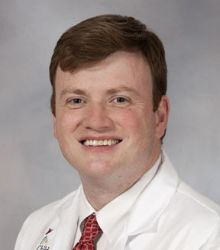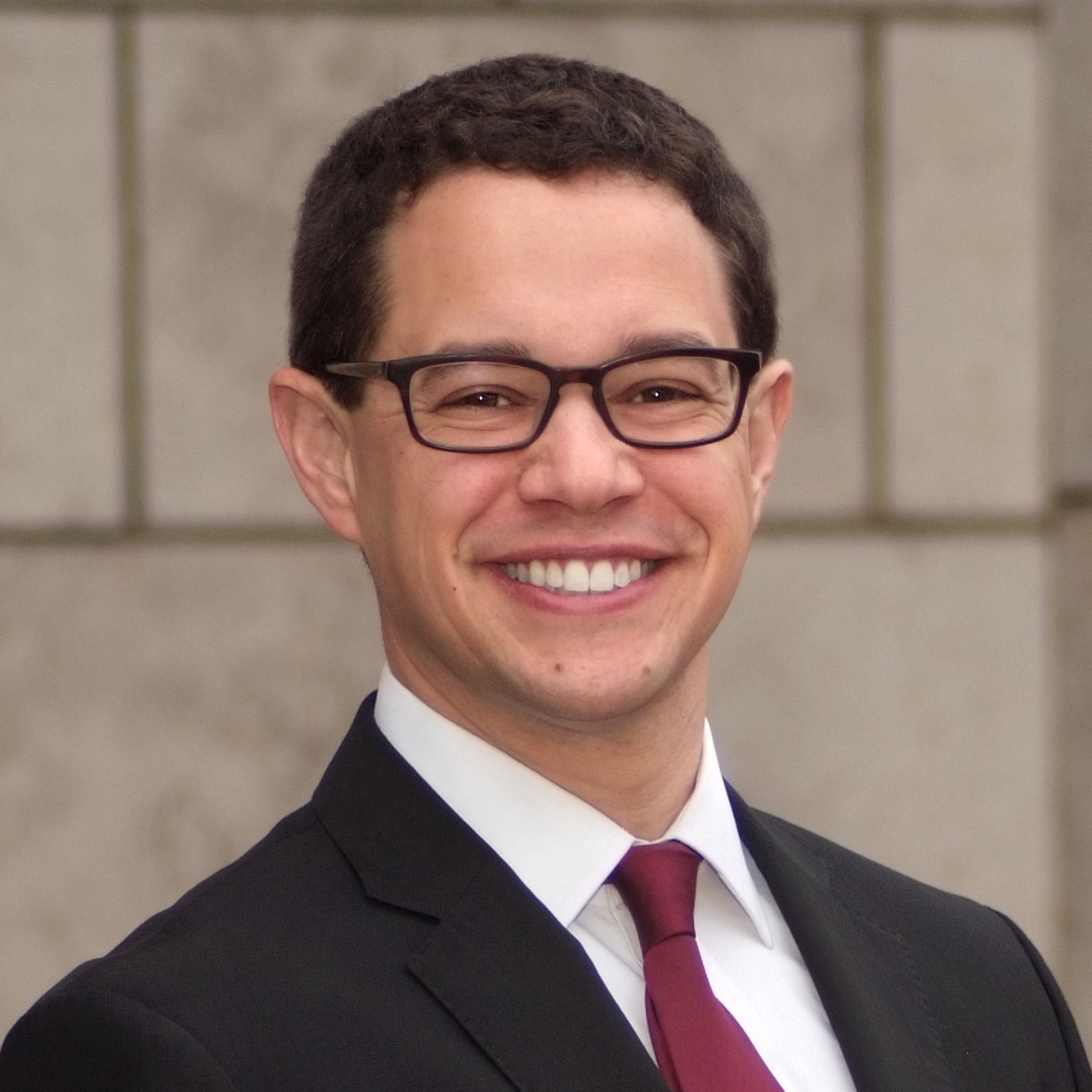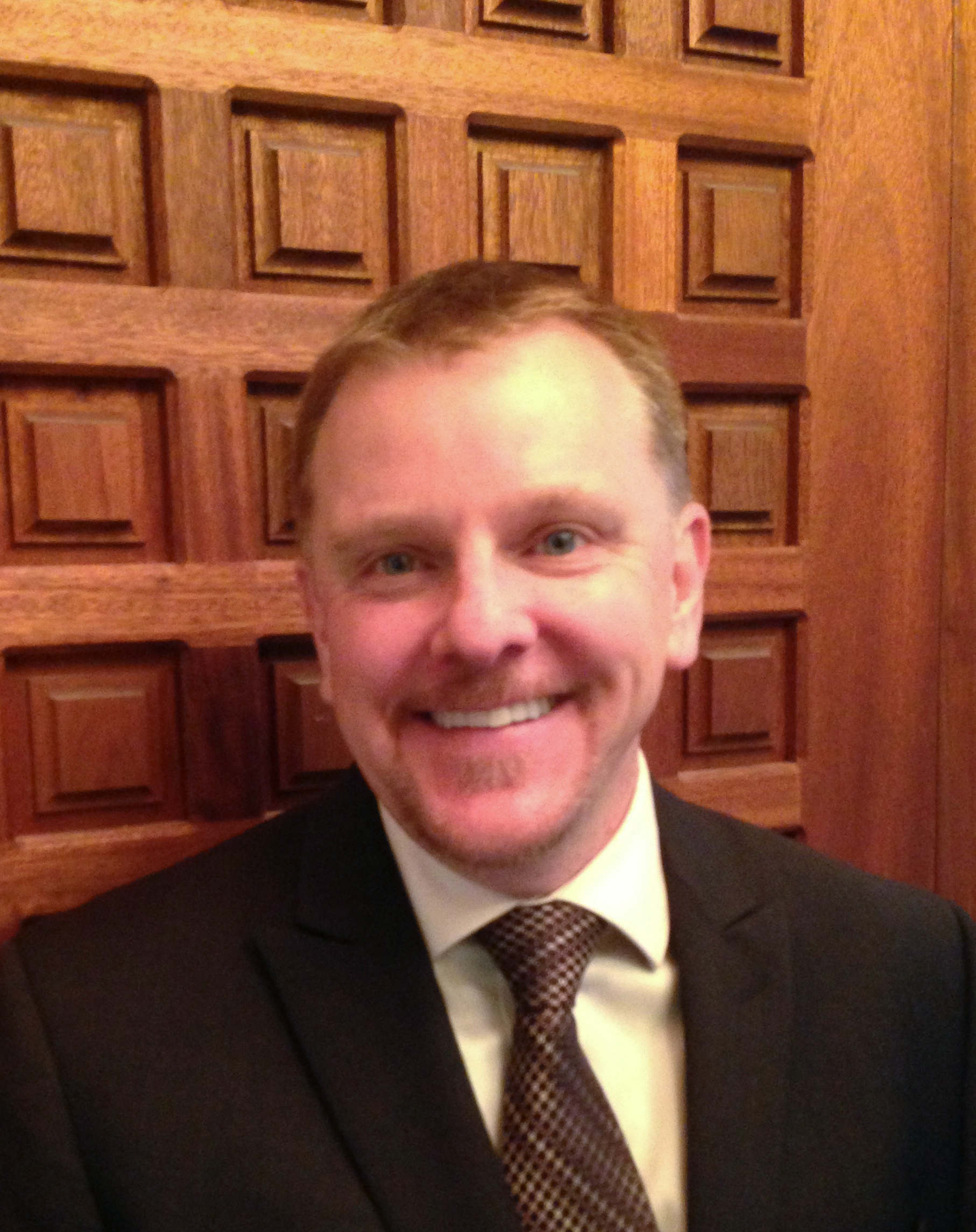The Department of Chemistry at the University of Kentucky organizes an annual Symposium on Chemistry and Molecular Biology. This Symposium was established in honor of Anna S. Naff, a University of Kentucky graduate, through the generous support of Dr. Benton Naff of NIH. The Symposium has an interdisciplinary character and is attended by students and faculty from Chemistry, Biochemistry, Biology, Pharmacy, Engineering, Agriculture and Medicine. The Symposium features renowned experts from around the world, including Nobel prize-winning scientists and is attended by faculty and students from colleges and universities in Kentucky and the contiguous States.
The Symposium will be held in the William T. Young Library on the University of Kentucky campus. A poster session will be held in conjunction with the Symposium in the Jacobs Science Building.
|
Cannabinoids: Policy, Use and Safety |
|
|---|---|
| 8:00am |
Registration & Continental Breakfast Gallery, W.T. Young Library |
| 8:50am | Welcome - TBD |
| 9:00am |
Mr. Andrew Freedman, Freedman & Koski, Inc. Making Medical Cannabis Medical Auditorium, W.T. Young Library |
| 10:00am | Coffee Break & Refreshments |
| 10:30am |
Dr. John Ingram, University of Mississippi Medical Center Cannabidiol (CBD) Cannabis Extract Oral Solution for Drug Resistant Pediatric Epilepsy Auditorium, W.T. Young Libary |
| 11:30am | Lunch Break |
| 1:30pm |
Dr. Chris Hudalla, ProVerde Laboratories Analytical Testing for the Hemp Industry: Monitoring Cultivation, Extraction and Processing Auditorium, W.T. Young Library |
| 2:30pm | Poster Session Set Up |
| 3:00pm | Poster Session |
| Dr. John B. Ingram | |
|---|---|
 |
John (Brad) Ingram is an Associate Professor of Pediatrics and Director of the Pediatric Comprehensive Epilepsy Center at the University of Mississippi Medical Center, in Jackson, MS. He is also the Director of the Pediatric Neurophysiology Lab. In addition to his administrative positions, he is the Associate Program Director for both the Child Neurology and Clinical Neurophysiology programs, and is the Assistant Medical Student Clerkship Director for Pediatrics. He is also the Assistant Dean of GME for Faculty Development and Resident/Fellow Wellbeing. He is the PI for the Cannabidiol in Refractory Pediatric Epilepsy trial at UMMC, the first study of its kind. He has testified before the US Senate and been featured in the New York Times for issues related to Cannabis derived therapies in the US. Dr. Ingram is a member of the Child Neurology Society, the Professors of Child Neurology, the American Epilepsy Society, and is Secretary of the Southern Pediatric Neurology Society. He is a past Vice President of the Epilepsy Foundation of Mississippi and currently serves as the President of the Professional Advisory Committee for the Epilepsy Foundation of Mississippi. He is married and has three children. |
|
Cannabidiol (CBD) Cannabis Extract Oral Solution for Drug Resistant Pediatric Epilepsy |
|
Epilepsy can be defined as two or more isolated seizures which are not provoked by acute systemic or neurologic insults. Of the 2.3 million people in the United States with epilepsy, approximately one third are medically refractory. These statistics highlight the continuous need to identify novel molecules that are effective against epilepsy. Cannabidiol (CBD), due to its potent neurocognitive effects, has recently become a point of interest for neurological research, with a purified option already with FDA approval. We present the first US study aimed to understand the tolerability and efficacy of a novel high ratio cannabidiol/THC cannabis derived therapy in refractory pediatric epilepsy patients. Ten patients, ages 5-19 years, were administered escalating doses of a CBD compound in the first three months to achieve a final concentration of 7.5 mg/kg/day. Tolerability and efficacy were analyzed using the data from each patient’s EEGs, CBCs, CMPs, AED levels, seizure calendars and quality of life questionnaires. Results after 6 months of treatment showed a two-fold increase in desmethylclobazam levels in four patients. Additionally, eight of the ten patients reported improved attention and better overall health compared to their initial visits. Six out of ten patients reported decreased drowsiness compared to the initial visit. As for seizure control efficacy, seven out of ten patients reported a decrease in monthly seizures, five of which decreased by more than half since their first month of CBD. These results suggest that cannabidiol is a tolerable and potentially beneficial addition to an antiepileptic regimen for medially refractory epilepsy patients. |
|
Mr. Andrew Freedman |
|
|---|---|
 |
Andrew is a partner at Freedman & Koski, Inc, a consulting firm dedicated to helping governments and ancillary businesses successfully implement cannabis legalization. His firm has worked directly for 17 governments including California, Canada, Florida, Massachusetts, Maine, Rhode Island, Illinois state senate, and Mexico; and testified in front of almost all governments considering legalization. He has been a featured speaker at dozens of conferences including Code Conference, Summit, and Aspen Ideas Fest. Andrew brings vast experience from his three years as the State of Colorado’s first Director of Cannabis Coordination. During this time, he developed distinctive experience effectively implementing voter-mandated legalized adult-use and medical cannabis while protecting public health, maintaining public safety, and keeping cannabis out of the hands of children. |
|
Making Medical Cannabis Medical |
|
The medical cannabis movement broke all the rules. Now we need a few of them back. Andrew explores the extraordinary state-by-state creation of the medical cannabis regulatory system. He will touch on the history of the movement from a political and societal point of view before delving into current challenges and future possibilities —including what may happen when the USDA and FDA turn their attention this way. Andrew will focus on what he sees as the most important tension: Bringing scientific rigor to the medical cannabis industry while maintaining access to sympathetic patients. |
| Dr. Christopher Hudalla | |
|---|---|
 |
Dr. Hudalla is a Ph.D. analytical chemist with more than 25 years of research experience in analytical chemistry, spectroscopy and chromatographic method development. He is recognized worldwide as an expert in the field of traditional Reverse Phase Liquid, Supercritical Fluid and Convergence Chromatography and an active leader in the development and implementation of the UltraPerformance Convergence Chromatography instrumentation. Dr. Hudalla is a founder and Chief Scientific Officer of ProVerde Laboratories, Inc., a premier analytical testing, CO2 extraction and derivative product formulation consultancy for the regulated medical cannabis and hemp industries. ProVerde is one of the first laboratories in the U.S. to receive an ISO 17025 accreditation that specifically governs hemp and medical cannabis testing. ProVerde Laboratories operates at the cutting edge of medical cannabis extraction, purification and product formulation techniques, supported by expert analytical testing, with expertise that will move research into cannabis and its effects on various medical conditions forward as the medical cannabis industry progresses. Dr. Hudalla plays an integral part in providing clients operating in the Medical Marijuana and hemp industries the ability to deliver new products and product formulations that meet the highest standards for quality, consistency, safety and labeling. Dr. Hudalla received his M.S. and Ph.D. from the University of California at Santa Barbara and was a Postdoctoral Fellow at the Eppley Institute for Cancer Research within the University of Nebraska Medical Center. Dr. Hudalla has delivered presentations all over the world in his areas of expertise, including analytical testing and research specific to medical cannabis and serves on the Cannabis Expert Panel with the United States Pharmacopeia (USP). |
|
Analytical Testing for the Hemp Industry: Monitoring Cultivation, Extraction and Processing |
|
The hemp industry is currently one of the fastest growing industries worldwide. In addition to the long history and use of hemp for fiber and fuel, this growth is fueled by recent revelations of the benefits of cannabinoid therapies for many health conditions. One challenge that has emerged is the ability to ensure consumer safety, providing accurate dosing and products that are free from potential contaminants. Analytical testing is a necessary component to ensure consumer safety for products that are being consumed both medicinally as well as recreationally. During production of hemp-based products, from cultivation, extraction and formulation, to finished consumer products, understanding and optimizing processes is a critical component to maximizing revenues. More importantly, there are many points at which contaminants can be introduced to the process, resulting in consumer products that are potentially hazardous for consumption or use. Because of these contaminants, many regulatory bodies are evaluating the need to monitor these contaminants and are currently crafting regulations to address these. The methodologies that will be used to meet these testing requirements include a wide variety of chromatographic techniques in addition to mass spectrometry and variety of approaches to address microbiological contaminants. Standardization of these methods for the industry will give regulators the resources they need to include sensible requirements for regulation and legislation that is being crafted to monitor and control the production of hemp-based products for human consumption. |
2020 Naff Committee Members:
Professor Bert Lynn (Chemistry, Committee Chair)
Professor Chris Richards (Chemistry)
For more information, contact Dr. Bert Lynn.
